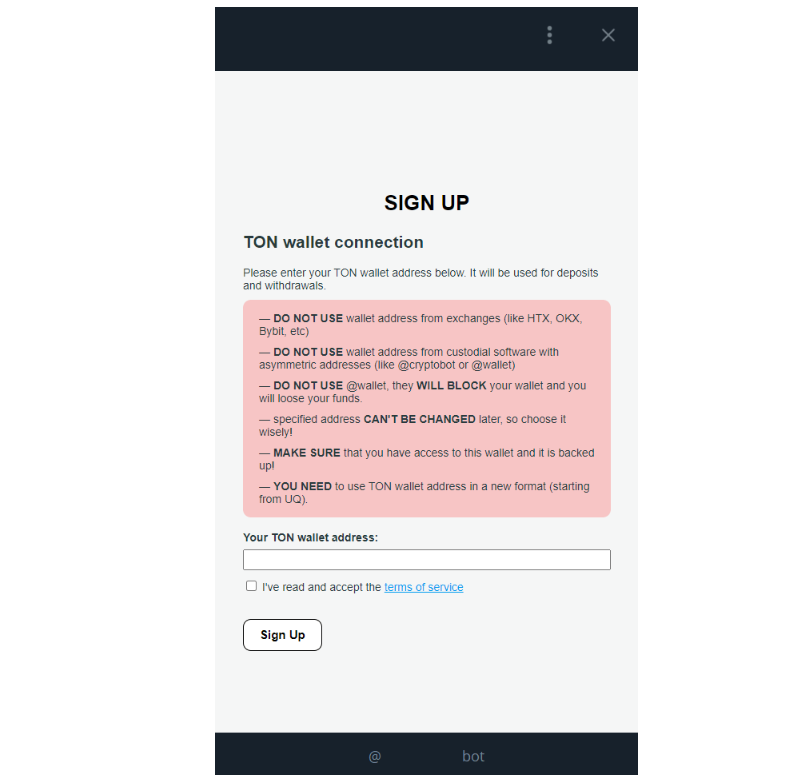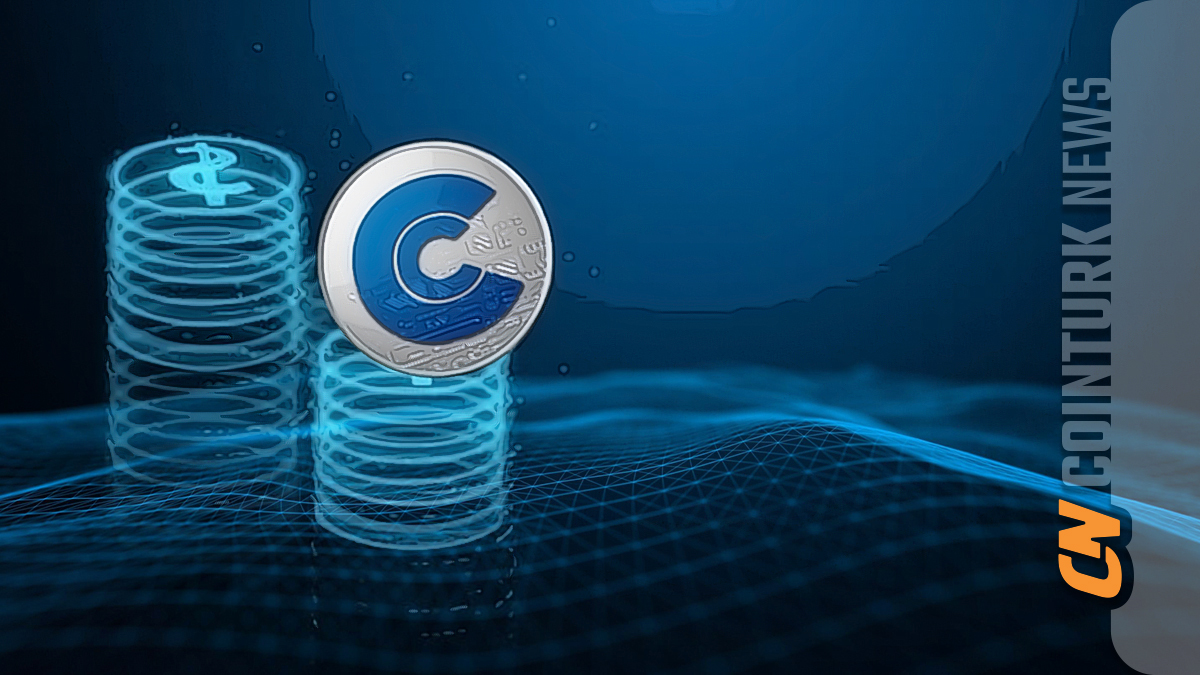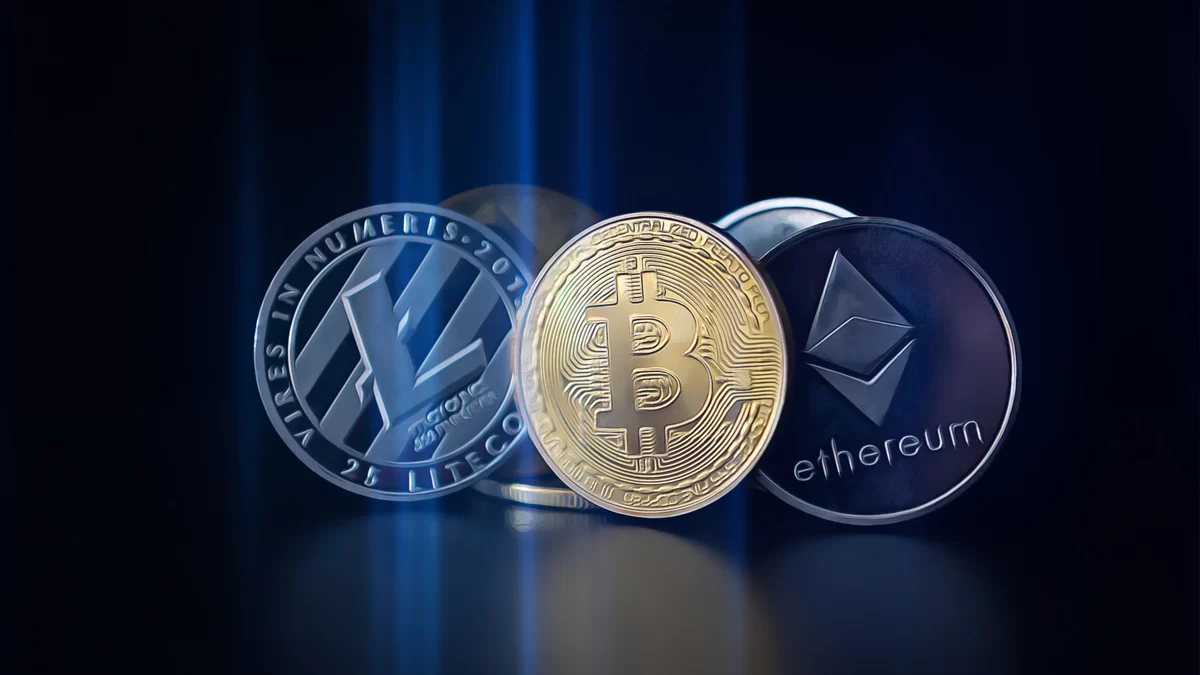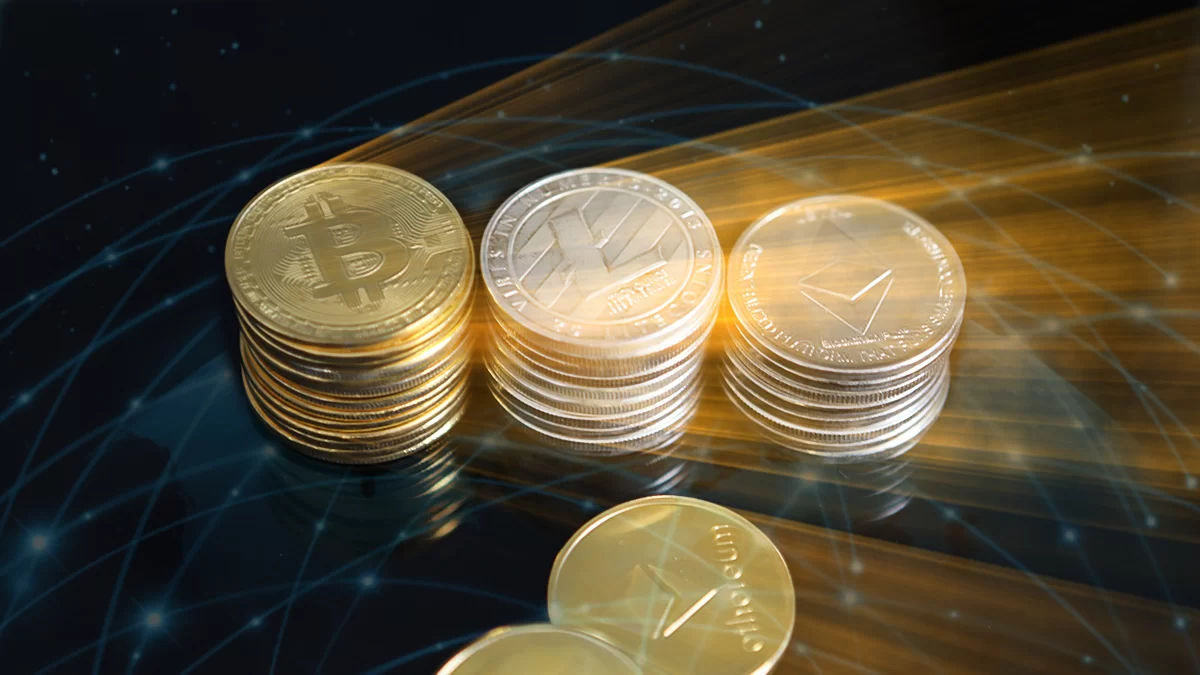Telegram’s Open Network (TON) blockchain network’s public support and the intention to integrate the local Toncoin token have led to scammers targeting unsuspecting token holders to benefit from this process. Information shared by cybersecurity firm Kaspersky outlines a cryptocurrency scam attempting to steal Toncoins (TON) from Telegram users worldwide.
Beware of This Method on TON
According to Kaspersky experts, the scam has been active since at least November 2023, coinciding with increasing interest and investments in TON. Scammers are ultimately promoting a detailed redirection plan aimed at stealing TON tokens from users.
Potential targets receive a link from friends or contacts to join a special earnings program. Scammers then start encouraging victims to join an unofficial Telegram bot designed to store cryptocurrency and connect their Web3 wallets to the bot’s system.
At the same time, scammers instruct users to buy Toncoin through legitimate channels such as the official Telegram bot, peer-to-peer (P2P) markets, or cryptocurrency exchanges, adding an element of credibility and a false sense of security.

What Happens in the Scam Process?
Victims are later forced to buy boosters using a separate bot. Scammers claim that completing this transaction is necessary for users to start earning. The point where scammers make money is here. After purchasing a booster, the user irreversibly loses control of the cryptocurrency.

Users lose anywhere from 2 to 2,700 US Dollars through the targeted pyramid scheme. After convincing users to buy fake boosters, scammers also call for a referral program that requires victims to create private Telegram groups with their friends and acquaintances.
Scammers provide users with a referral link containing their own video instructions in both Russian and English. Users need to have five successful referrals to start earning money through the scam plan. Scammers promise earnings from two sources: a fixed payment of 25 TON for each invited friend and commissions based on the booster rate purchased by your referrals, continuing the Ponzi process.









